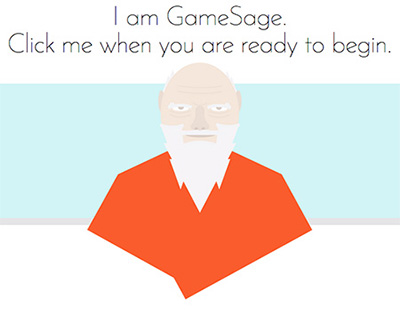(int)7 — INTELLIGENT NARRATIVE TECHNOLOGIES SEVEN
Call for Participation
http://int7.westphal.drexel.edu/
KEY DATES:
• (int)7 Submission deadline: March 3, 2014
• Workshop: June 17-18, 2014, Milwaukee, WI
(int)7 & ELO registration information is now available:
http://conference.eliterature.org/conference-registration
The Intelligent Narrative Technologies (INT) workshop series aims to advance research in artificial intelligence for the computational understanding, expression, and creation of narrative. Previous installments of this workshop have brought together a multidisciplinary group of researchers such as computer scientists, psychologists, narrative theorists, media theorists, artists, and members of the interactive entertainment industry. From this broad expertise, the INT series focuses on computational systems to represent, reason about, adapt, author, and perform interactive and non-interactive narrative experiences.
This is a preview of
March 3rd Deadline: Intelligent Narrative Technologies @ ELO
.
Read the full post.
 Computational Media is all around us — video games, social media, interactive narrative, smartphone apps, computer-generated films, personalized health coaching, and more. To create these kinds of media, to deeply understand them, to push them forward in novel directions, requires a new kind of interdisciplinary thinker and maker. The new graduate degrees in Computational Media at UC Santa Cruz are designed with this person in mind.
Computational Media is all around us — video games, social media, interactive narrative, smartphone apps, computer-generated films, personalized health coaching, and more. To create these kinds of media, to deeply understand them, to push them forward in novel directions, requires a new kind of interdisciplinary thinker and maker. The new graduate degrees in Computational Media at UC Santa Cruz are designed with this person in mind.



